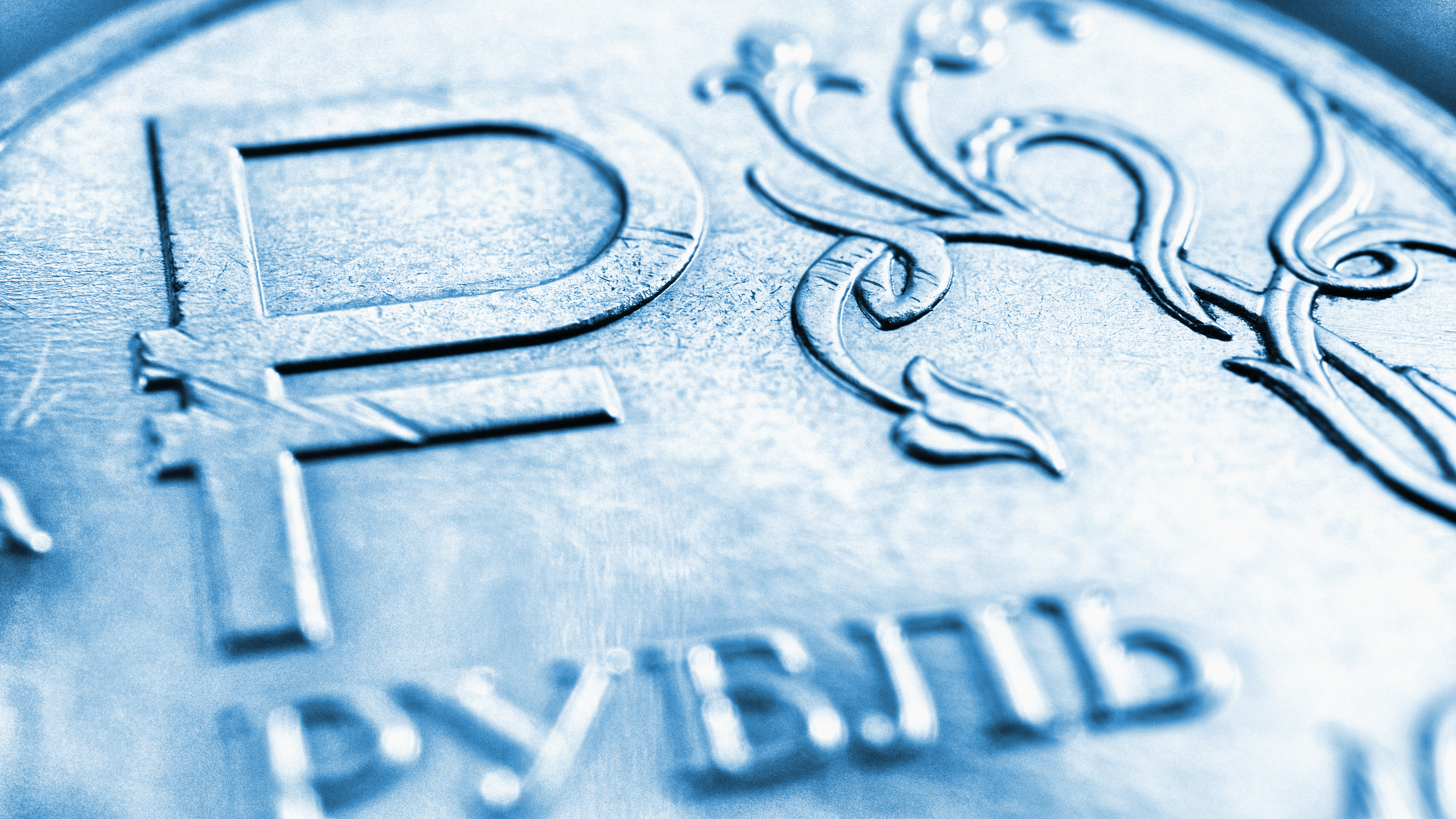Russian Central Bank Still Saying No to Use of Crypto in Settlements

Russia’s Central Bank has thrown another spanner into the crypto adoption plans of the nation’s pro-business Ministry of Finance – by saying it still opposes the use of coins in settlements and “accounting” scenarios.
The state-run news agency Tass reported that the Central Bank’s staunchly crypto-skeptic Governor – the key Vladimir Putin ally Elvira Nabiullina – has made her stance on tokens clear once again. Nabiullina said she was “against the use of private cryptocurrencies in settlements – even though she said she was in favor of the “development of digital financial assets” and “the digitization of finance.”
The Deputy Finance Minister Alexei Moiseev said that the ministry and the Central Bank were “in agreement” that “in the current conditions” it would be “impossible to do without cross-border settlements made in cryptocurrency.”
But while the bank “confirmed” such discussions had gone ahead, a spokesperson added that the regulatory body “opposes the legalization of crypto exchanges and “settlements made in cryptocurrency within Russia.”
Speaking in the State Duma, Russia’s parliament, the Governor stated:
“It is important for us to further develop [technology.] But digital financial assets are not limited to ‘crypto’ – private cryptocurrencies. We [have not changed] our position on the fact that private cryptocurrencies should not be used in the financial sphere. It is not clear who is responsible [for cryptocurrencies]. […] They are opaque and carry a high risk of volatility.”
Why Is the Russian Central Bank Opposed to Crypto Adoption?
The latest announcement will be a fresh setback for the ministry, which urgently wants to regulate the sector – and begin taxing miners and crypto traders. The ministry has also been keen to allow the use of crypto in the settlements sector, with international traders still struggling to find a way around United States and EU sanctions.
Other government organs have lent their support, but the Central Bank remains a massive and thus far insurmountable stumbling block. Despite direct calls from Putin to resolve an impasse that has lasted several years, Nabiullina appears to be resolute in her opposition.
The ministry had hoped to reach a compromise with the bank, particularly after other Central Bank officials admitted the regulator’s position on crypto had “softened.” But is seems that despite the Ministry of Finance’s efforts, the Central Bank will remain a stubborn opponent to all forms of crypto adoption.
The term “digital financial assets” has been used as a sort of portmanteau expression in Russian legal circles to refer to everything from bitcoin (BTC) to tokenized securities and commodities to central bank digital currencies.
For Nabiullina, the only “digital financial asset” she is willing to see enter circulation in Russia appears to be a Central Bank-run digital ruble.




